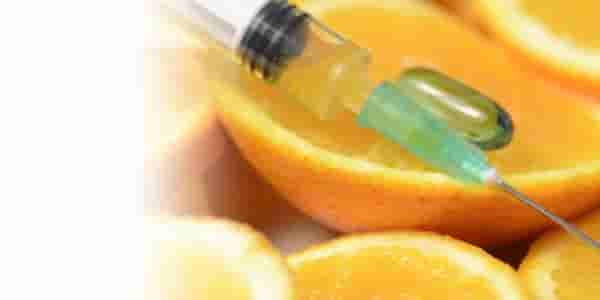These days, you’ve probably heard how one or two of your friends are taking on the challenges of whatever diet fads are hot right now. Vitamins and supplements are getting their time to shine, too. Other things like probiotics, collagen, glutathione, and turmeric, along with the newest star vitamin—vitamin B12—is also becoming popular in the form of an injection.
Vitamin B12 vs. Vitamin B-12 shots
As an essential vitamin, Vitamin B12 is important for proper red blood cell formation, neurological function, and DNA synthesis. However, over 15% reportedly end up with Vitamin B12 deficiency, says the National Institutes of Health.

Vitamin B12 is generally taken by mouth as treatment for many diseases including memory loss, aging, diabetes, male infertility, schizophrenia, and sleep disorders, diabetes, diabetic nerve damage, nerve damage in the hands or feet, depression, mental disorders, weak bones (osteoporosis), swollen tendons, AIDS, inflammatory bowel disease, diarrhea, asthma, allergies, and skin infections.
Benefits and Uses of Vitamin B-12 Injections
People whose vitamin B12 levels in the blood are too low suffer from Vitamin B12 deficiency, and are typically prescribed B12 shots. It is also injected to people with pernicious anemia, both to prevent and treat vitamin B12 deficiency and treat a nervous system disorder called myelopathy.

Advocates say that vitamin B12 injections can also help:
- Increase energy levels and combat fatigue
- Speed up metabolism
- Help improve sleep patterns
- Increase concentration
- Improve mood
- Boost the immune system
- Help with weight loss
- Possibly help with hair growth or stop hair loss
Other claims
Vitamin B12 injections and infusions have recently become more popular among healthy people who don’t even have a deficiency. The advocates have long supported the need for B12 injections to boost energy levels and help with weight loss and mood.
However, experts say that there remains little to no evidence to support these claims.


